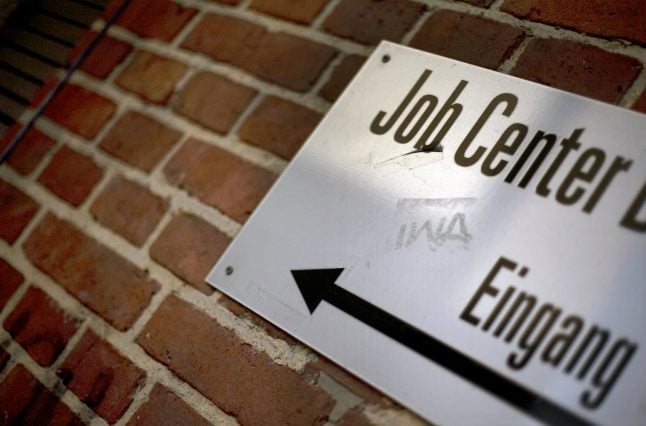While the number of workers out of a job increased by 8,000, that was not enough to shift the jobless rate higher than its long-held 5.0 percent, the BA federal labour agency said in seasonally-adjusted figures.
Continued labour market strength has buttressed German domestic demand even
as the export-oriented industrial sector suffered the effects of US-led trade wars in recent months.
READ ALSO: Germany blames Brexit and trade wars for failing growth prospects
“The labour market again looked overwhelmingly stable at the end of the year,” said BA chief Detlef Scheele, “but signs of the weak phase for economic activity can be seen.”
In absolute figures, less indicative of underlying trends but widely used in public debate, the unemployed count grew by 47,000, to more than 2.2 million people.
Data released last month showed the first fall in German industrial employment in a decade, with the mighty car sector suffering disproportionate losses.
READ ALSO: Germany's Daimler to cut 'at least 10,000 jobs' to fund electric shift
Many industries have suffered the knock-on effects of the US-China trade war — which observers hope will be partly salved with the signing of a preliminary deal this month.
But carmarkers in particular are battling falling demand and a pricey transition to electric and connected mobility.
Several major manufacturers including Volkswagen and Mercedes-Benz parent
Daimler have announced thousands of job cuts for the coming years.



 Please whitelist us to continue reading.
Please whitelist us to continue reading.
Member comments